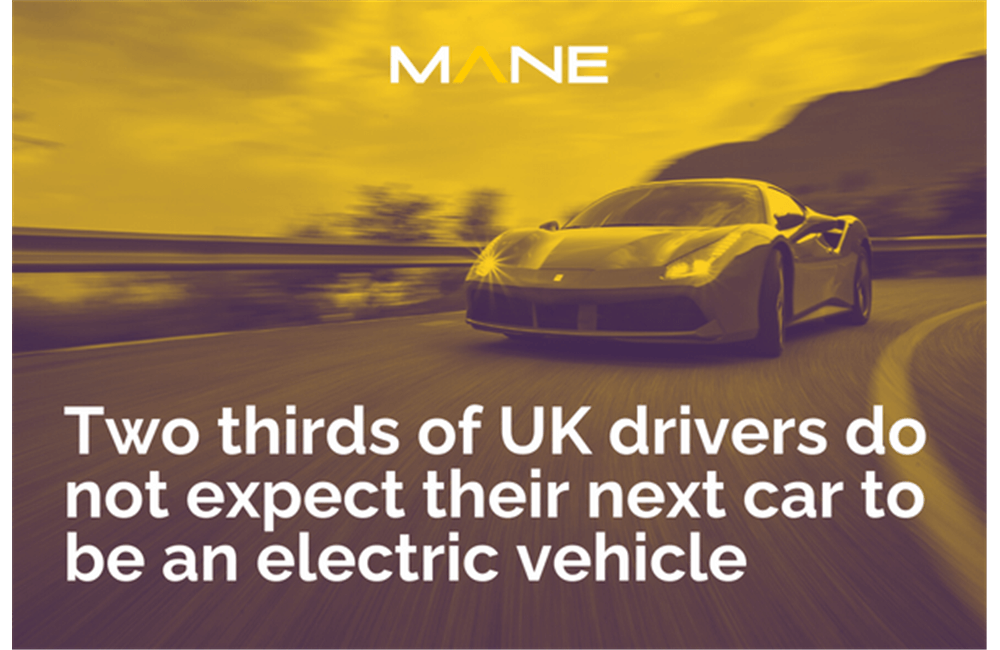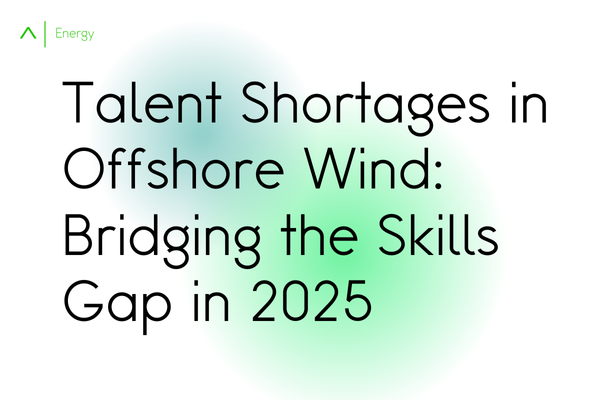Two thirds of UK drivers do not expect their next car to be an electric vehicle
03 Feb, 202310 minsAccording to recent research from Close Brothers Motor Finance, only a small percentage of U...

According to recent research from Close Brothers Motor Finance, only a small percentage of UK drivers are considering purchasing an electric vehicle (EV) for their next car. The study, called ‘The Road Ahead’, found that just 10% of those that participated in the survey expect their next vehicle to be electric. In contrast, close to two thirds of those that took part in the survey stated that they do not expect their next car purchase to be purely electric. This is a significant disparity, and it highlights the fact that many drivers in the UK are still hesitant about making the switch to EVs.
The study also found that 30% of those surveyed are still favouring petrol vehicles, which continues to be the first pick among UK drivers. Overall, 21% expect their next vehicle to be a hybrid, and 13% would still prefer a diesel engine despite the legislative pressure to move away from this fuel type. These findings demonstrate that while EVs are gaining popularity, they are still not the first choice for many drivers.
The research also delved into the reasons why many drivers are hesitant to purchase EVs. Financial considerations were identified as the primary barrier to the adoption of EVs. When breaking the cost barriers down further, 21% said that the initial investment in an EV was the biggest concern with EV’s often being more expensive than their comparable counterparts. Closely following with 20% was the rising price of electricity. The lack of charging infrastructure (17%) and battery duration 15% cap of the list of going concerns.
With regards to what consumers expect to see from an electric vehicle, 39% said reducing running costs would make an EV more desirable to them. Environment benefits are no longer the primary purchasing reason with just 27% highlighting the environmental benefits. Over a fifth (22%) of drivers could be persuaded by incentives such as government grants and tax savings. 19% stated that benefits like reduced or zero congestion charges would convince them. Only 21% admit that there are no benefits that would convince them to go electric.
It is clear from this research that financial considerations are the primary obstacle preventing many UK drivers from purchasing EVs. However, it is also clear that there are other factors at play, such as lack of charging infrastructure and range anxiety. These issues will need to be addressed in order to make EVs a more viable option for UK drivers.
Lisa Watson, director of sales at Close Brothers Motor Finance, said: “Given the current economic climate and financial pressures faced by many UK households, it is unfortunately not surprising that costs are prohibiting more widespread EV adoption in the UK. Coupled with the financial outlay, consumers will be feeling particularly frustrated by other factors such as the current charging infrastructure which still has some way to go to efficiently meet demand. As financial benefits are the biggest factor for encouraging people to switch to electric, the government’s recent Autumn Statement announcement that EVs will now be subject to Vehicle Excise Duty from 2025 will only function as another barrier. The government need to be offering incentives, not taking them away.”
It is clear that more needs to be done to make EVs a more viable option for UK drivers. The government, car manufacturers, and other stakeholders will need to work together to address the financial, infrastructure, and range anxiety issues that are currently preventing many drivers from making the switch to EVs. Despite these challenges, the study paints an overall positive picture of the EV marketplace and indicating that this is a short-term problem and that dealerships should still anticipate steady growth and increasing demand for EVs.



